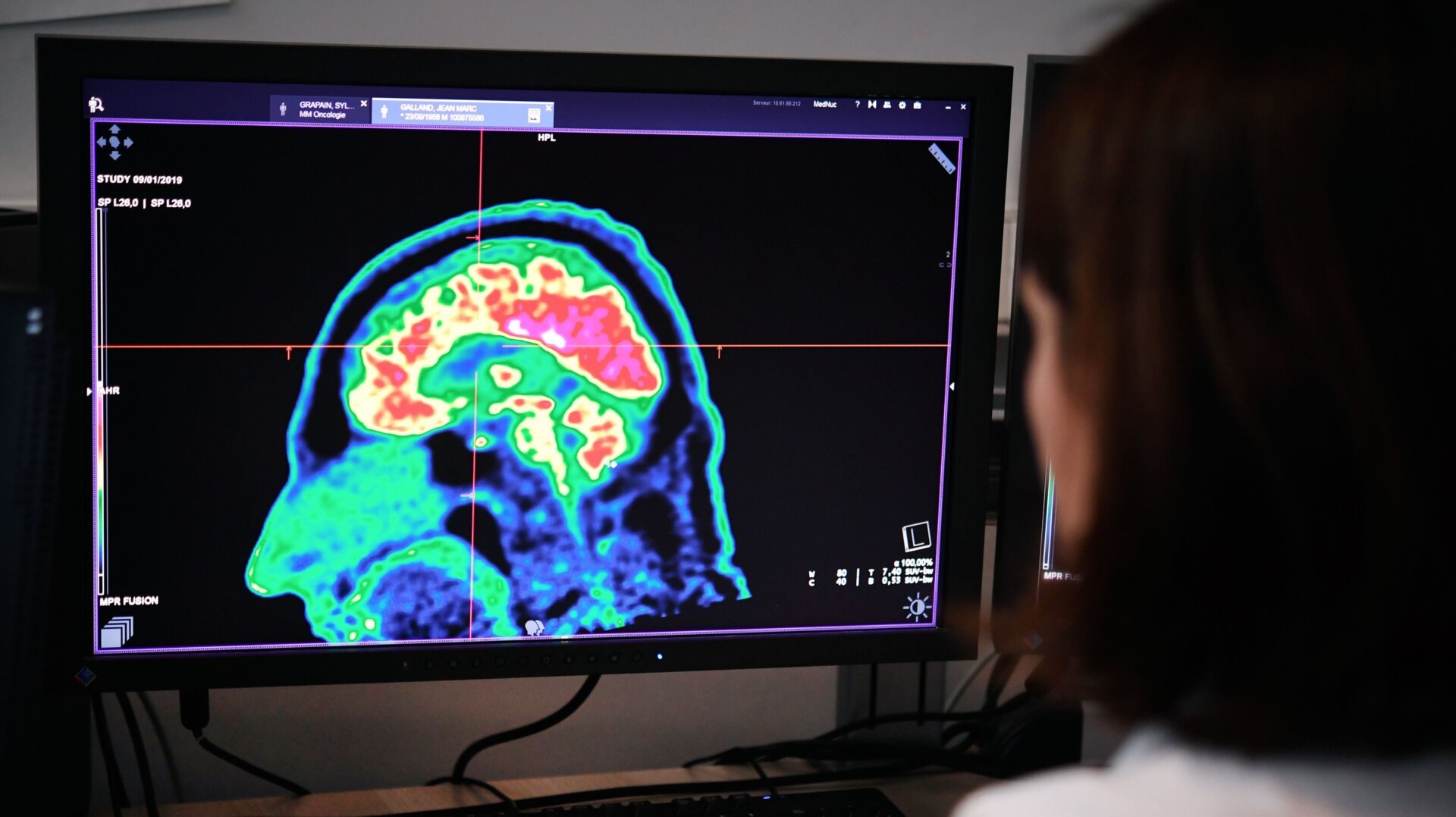Right to Repair Showdown: Medical Giant Blocks Hospital Tech Lifeline

High-precision surgical equipment used in critical heart procedures is set to undergo a significant change in maintenance protocols. These sophisticated machines, with price tags reaching into six-figure ranges, will now be serviced exclusively by the manufacturing company. This shift promises to ensure the highest standards of precision and safety for delicate medical interventions, giving hospitals and medical professionals added confidence in the reliability of their life-saving equipment.
The direct manufacturer servicing approach represents a strategic move to maintain the intricate calibration and technical integrity of these advanced medical devices. By centralizing repair and maintenance directly with the original manufacturer, healthcare facilities can expect more specialized and expert-level care for these complex surgical instruments.

